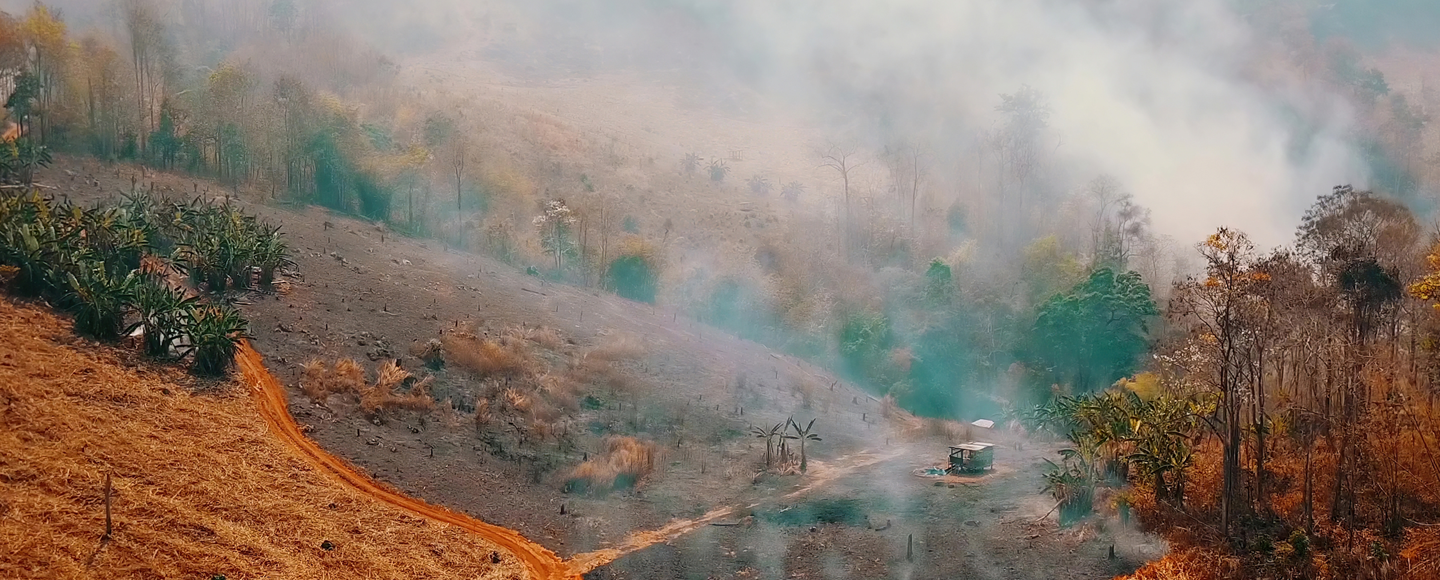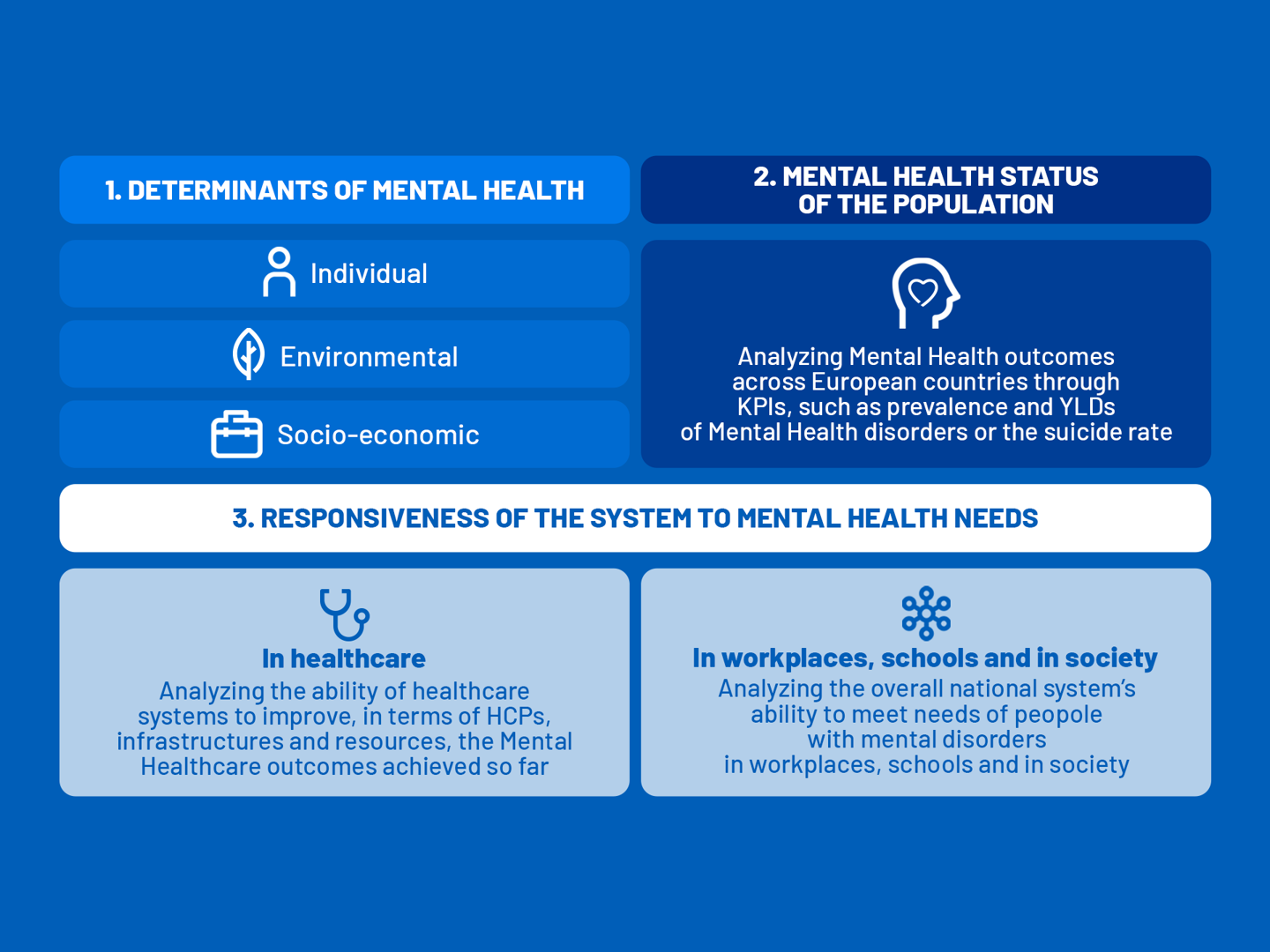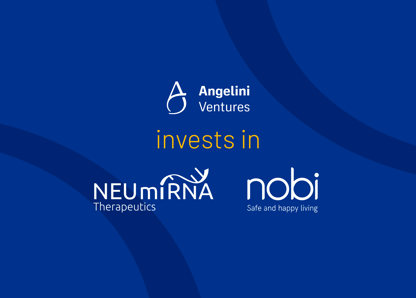Climate emergency reveals unexpected landscapes-or maybe not
Share

In recent times, the phrase "new normal" has become an integral part of the global vocabulary. Originally interpreted as signaling a phase of post-pandemic readjustment, today this formula is encountering an increasingly complex reality that continually forces one to blur its boundaries.
Domino effect
The last few years mark a crucial and complex chapter in contemporary history. For some time now, especially in digital circles, there are those who have already assigned it a title: "An Age of Polycrisis." A choice of words that emphasizes the interdependence of economic, environmental, political and social challenges.
According to The Global Risks Report 2023 published by the World Economic Forum, society is grappling with a series of concurrent crises, some of which are not new to the global experience.
We are looking at something that looks new,
But at the same time strangely familiar.
On the one hand, we are witnessing strong geopolitical tensions, among which the war in Ukraine inevitably stands out, which, in addition to exacerbating inflation and the energy crisis, has rekindled old rivalries, triggering a wave of international tensions with both economic and humanitarian repercussions on a local and global scale. This context also includes the complexity of the Israeli-Palestinian conflict, which has deep historical roots that are difficult to eradicate. Additional scenarios include the rising cost of living, economic inequalities, capital outflows, and widespread social unrest.
These tensions are exacerbated by relatively new developments in the global risk landscape, including a harsh demographic winter, unsustainable levels of debt, an increase in cybercrime and cyberwarfare, and a trend toward de-globalization.
Bridging the gap between the "old" and the "new" is the climate-environmental emergency.
The health of the planet is constantly being challenged: the increasing intensity of extreme weather events, global warming and changes in the migration and reproduction patterns of many animal and plant species are unmistakable signs of a growing imbalance.
In this sense, deep reflection on the human-nature relationship is needed. An analysis that looks at the climate issue going beyond the obvious need for mitigation and adaptation policies.
#Eco-Anxiety
What does it feel like when you hear about climate change?
The complexity of the phenomenon manifests itself on various levels: from environmental imbalance to the impact on community cohesion, and even the increase in climate migrants. While the need for immediate interventions to mitigate these consequences becomes increasingly urgent, mental health might not be the first thing that comes to mind when discussing climate change.
Acknowledging the importance of addressing the environmental and socio-economic challenges directly caused by climate change, it is crucial not to overlook the psychological aspect of the issue.
In this regard, the new report "Headway - Mental Health Index 3.0" plays a central role, addressing the initial question with an in-depth analysis of the topic and its various nuances.
Headway is an initiative launched by the think tank The European House – Ambrosetti in partnership with Angelini Pharma, a part of Angelini Industries. It was established in 2017 as a multidisciplinary platform for strategic reflection, analysis, dialogue, and discussion among various European experiences. The overall goal of the Headway initiative, through the annually updated Mental Health Index, is to provide a multidimensional framework of mental health in European countries (EU-27 + UK). This aims to promote the quality of life for patients by improving their social inclusion.
Presented on October 25th at the European Parliament in Brussels by The European House – Ambrosetti and Angelini Pharma, the "Headway - Mental Health Index 3.0" report consists of 54 key performance indicators to assess: 1) the determinants of mental health, 2) the state of mental health in the population, and 3) the capacity of systems to respond to the needs of healthcare, workplaces, schools, and society in general.

The significant innovation in the analysis is the introduction of environmental determinants of mental health. For example, among these factors impacting the well-being of the population are the presence of urban green areas, pollution, and hours of daylight. But that's not all: the data paints a concerning picture regarding the threat of climate change, to which more than one in three European citizens report feeling exposed. This exposure is exacerbated by the exponential increase in natural disasters, with a significant impact on mental health, as highlighted by the phenomenon of eco-anxiety.
Moreover, the report sheds light on the concept of policrisis, providing a detailed overview of the causes and effects that this seemingly new phenomenon is having on individuals and communities. Despite the world always having been characterized by intrinsic complexity, and not being the first time that multiple crises mutually influence each other, what distinguishes and makes this "era of policrisis" particularly disorienting is the inability to identify a single cause and, consequently, a single solution.
In the current scenario, every crisis is the result of complex and interconnected causes and therefore requires a plurality of solutions to be effectively addressed.
Thus, geopolitical conflicts, social tensions, and economic and environmental imbalances are influencing the daily lives of millions of Europeans with particularly pronounced effects on young people, who are becoming increasingly emotionally involved in the climate urgency.
In this regard, the document notes that 45% of individuals aged 16 to 25 significantly experience the psychological impact of the climate emergency. It is undeniable that this situation is becoming a growing cause of stress, often disproportionately affecting the most exposed communities.
Although mental health disorders can affect anyone, regardless of nationality, socioeconomic background, gender or ethnicity, youth and more vulnerable populations may experience disproportionate levels of distress and need more support.

Measurable environmental factors, such as rising temperatures and worse air quality,
consequences of cataclysms, such as floods, storms and forest fires, or resulting from geological causes such as earthquakes and volcanic eruptions, affect the psychological well-being of individuals. Urban environments, with few green spaces and high levels of noise and air pollution, are also aggravating factors.
But the issue is even deeper. The feeling of psychological distress does not only affect post-traumatic situations. Alongside the acute impact that mainly afflicts those who are subject to extreme events, climate change can affect the mental health of even those who apparently do not experience environmentally drastic situations.
It has been called "eco-anxiety": a generational feeling that causes bewilderment, helplessness, frustration, and anxiety. A "pre-traumatic" stress disorder in which mental distress related to impending disruptive events is felt before they occur. Most forms of eco-anxiety are non-clinical, but may contribute to the development or worsening of pre-existing mental health conditions. In countries where the effects of climate change are already tangible-primarily Mediterranean countries, including Italy-the impact may be even greater.

"I want you to panic, just like I am.
According to the activist, eco-anxiety is the natural consequence of a world that has begun to open its eyes. It is a reaction to political inaction. There is no doubt, however, that the choice of the word anxiety in this context reveals an unprecedented complexity, going to highlight the link that now exists between climate change and mental health.
How to "cure" the fear of a stolen and threatened future? Conscious activism is certainly a first answer, but is it enough?
It is essential to look at the issue from a broader but no less profound perspective. To best address the challenge, targeted health and policy actions that provide comprehensive and effective support with respect to citizens' mental health must be undertaken. The growing awareness of the interconnected determinants of mental health underscores an inescapable truth: the approach to mental well-being must be coordinated and multidisciplinary. Every single element, from individual behaviors to social structures and environmental conditions, plays a determining role. And at the European level, the situation in individual member states is still heterogeneous.
In this context, the Headway - Mental Health Index serves as a valuable tool for comparing mental health management in the EU and UK, providing policymakers with the ability to evaluate targeted interventions to increase population well-being because of its ability to capture the most critical aspects of citizens' mental health. The real challenge is not limited to treatment, but embraces the concepts of prevention and awareness. Two issues that are often talked about but should be given more substance by developing effective strategies.
The goal, as a community, individuals, and institutions, should be the creation of a support network that is both robust and resilient, offering all the necessary tools, or nearly all, to be able to welcome and face the unexpected with awareness.
 Angelini Industries
Angelini Industries




